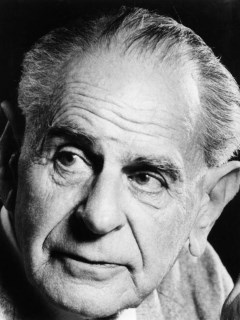
Publication details
Publisher: Springer
Place: Berlin
Year: 1999
Pages: 17-26
Series: Vienna Circle Institute Yearbook
ISBN (Hardback): 9789048151615
Full citation:
, "Theories of truth", in: Alfred Tarski and the Vienna circle, Berlin, Springer, 1999


Theories of truth
Vienna, Berlin, and Warsaw
pp. 17-26
in: Jan Woleński, Eckehart Köhler (eds), Alfred Tarski and the Vienna circle, Berlin, Springer, 1999Abstract
Neo-Kantian philosophers sometimes divided the history of philosophy in three periods: philosophy before Kant, Kant, and philosophy after Kant. The admirers of Alfred Tarski are prone, with good justification, to propose a similar division of theories of truth. But even in our post-Tarskian period, the nature and significance of Tarski's theory of truth is still a matter of controversy.1 Therefore, to understand better Tarski's achievement and some of our present puzzles, it is instructive to go back to the pre-Tarskian problem situation in the late 1920s and the early 1930s, and to see how Tarski's treatment of truth in Warsaw was related to alternative views current in Vienna and Berlin (Schlick, Reichenbach, Carnap, Neurath, Hempel, Popper).
Cited authors
Publication details
Publisher: Springer
Place: Berlin
Year: 1999
Pages: 17-26
Series: Vienna Circle Institute Yearbook
ISBN (Hardback): 9789048151615
Full citation:
, "Theories of truth", in: Alfred Tarski and the Vienna circle, Berlin, Springer, 1999



